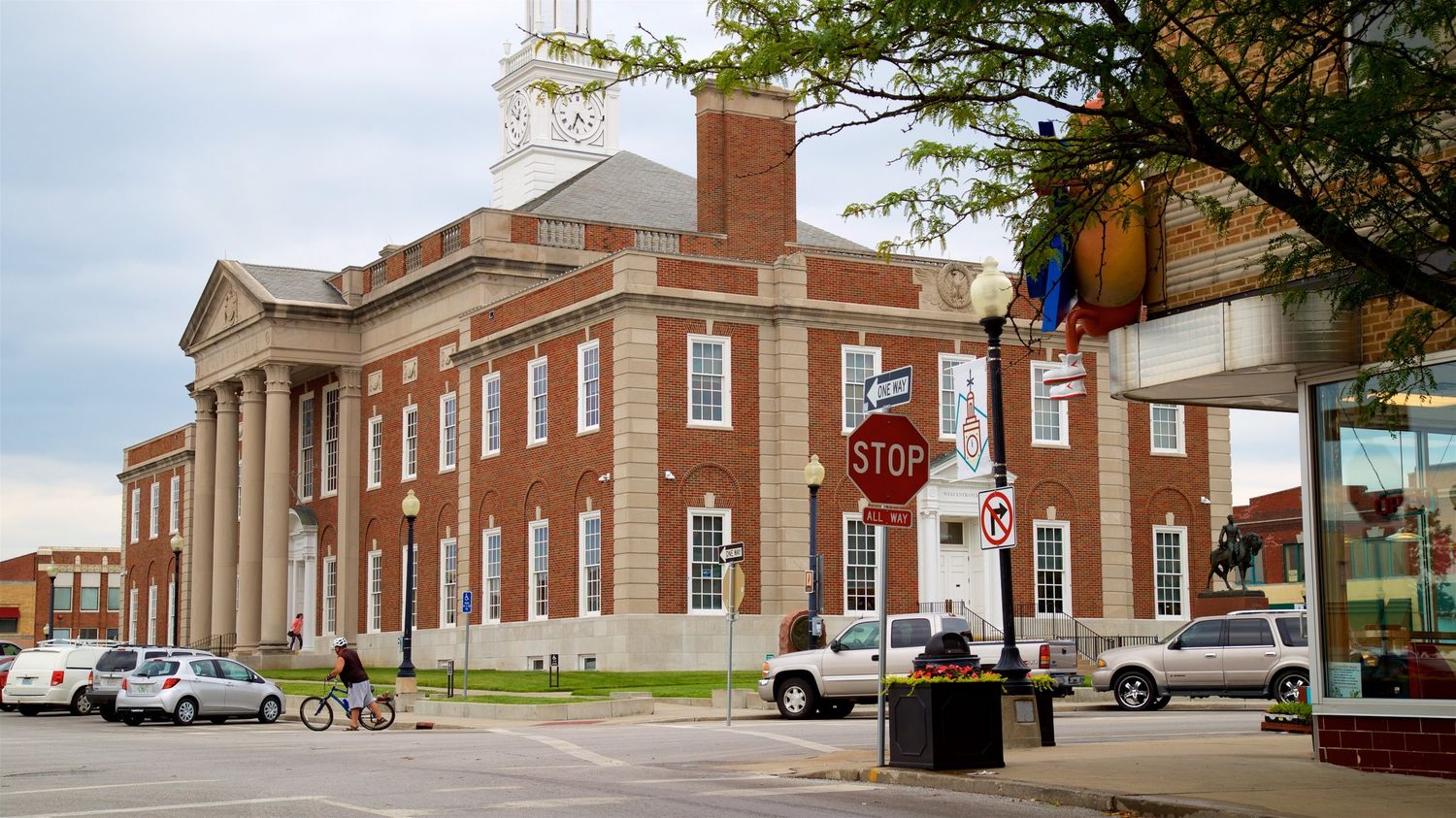
Independence Day is more than just fireworks and barbecues. It's a celebration of freedom, history, and the birth of a nation. But how much do you really know about this iconic holiday? Did you know that the Declaration of Independence wasn't actually signed on July 4th? Or that three U.S. presidents died on this very day? From quirky traditions to historical milestones, there's a lot to uncover. Whether you're a history buff or just curious, these 30 facts will give you a deeper appreciation for Independence Day. Get ready to impress your friends with some fascinating trivia about America's favorite summer holiday!
Key Takeaways:
- Independence Day is celebrated worldwide, with each country having its own unique traditions and symbols. It marks the freedom from colonial rule and honors the historical figures who fought for independence.
- The road to independence is often long and challenging, involving significant sacrifices and struggles. Modern-day celebrations have evolved, incorporating modern elements while retaining traditional practices.
The Birth of Independence Day
Independence Day is celebrated worldwide, marking the moment when a nation gains freedom from colonial rule or oppressive regimes. Here are some fascinating facts about this significant day.
-
The United States celebrates Independence Day on July 4th, commemorating the adoption of the Declaration of Independence in 1776.
-
India celebrates its Independence Day on August 15th, marking the end of British rule in 1947.
-
Mexico's Independence Day is September 16th, celebrating the start of the Mexican War of Independence from Spain in 1810.
-
Brazil declared its independence from Portugal on September 7th, 1822.
-
Ghana was the first African country to gain independence from colonial rule on March 6th, 1957.
Traditions and Celebrations
Different countries have unique ways of celebrating their independence. These traditions often reflect the culture and history of the nation.
-
In the United States, fireworks, parades, and barbecues are common ways to celebrate the Fourth of July.
-
India marks its Independence Day with flag-hoisting ceremonies, parades, and cultural events.
-
Mexico's celebrations include reenactments of the "Grito de Dolores," a historic call to arms by Miguel Hidalgo.
-
Brazil's Independence Day features military parades and patriotic displays.
-
Ghana celebrates with parades, fireworks, and cultural performances.
Symbols of Independence
Symbols play a crucial role in representing a nation's struggle and triumph for independence. These symbols often become a source of national pride.
-
The American flag, also known as the Stars and Stripes, is a powerful symbol of freedom in the United States.
-
India's national flag, the Tricolor, represents courage, peace, and prosperity.
-
Mexico's flag features an eagle holding a snake, symbolizing the country's Aztec heritage.
-
Brazil's flag, with its green and yellow colors, represents the country's lush forests and wealth.
-
Ghana's flag, with its red, yellow, and green stripes, symbolizes the blood of those who fought for freedom, the country's mineral wealth, and its rich vegetation.
Historical Figures
Many individuals played pivotal roles in their countries' fights for independence. Their contributions are remembered and celebrated.
-
George Washington led the American Revolutionary War and became the first President of the United States.
-
Mahatma Gandhi's non-violent resistance was instrumental in India's struggle for independence.
-
Miguel Hidalgo is considered the father of Mexican independence for initiating the revolt against Spanish rule.
-
Dom Pedro I declared Brazil's independence and became its first emperor.
-
Kwame Nkrumah was a key figure in Ghana's independence movement and became the country's first Prime Minister and President.
Independence Movements
The road to independence is often long and arduous, involving significant sacrifices and struggles.
-
The American Revolution lasted from 1775 to 1783, resulting in the United States' independence from Britain.
-
India's independence movement included numerous protests, boycotts, and acts of civil disobedience against British rule.
-
Mexico's War of Independence spanned from 1810 to 1821, ending Spanish control over the country.
-
Brazil's independence was achieved relatively peacefully, with Dom Pedro I declaring independence in 1822.
-
Ghana's independence movement involved political activism, strikes, and negotiations with British authorities.
Modern-Day Celebrations
Today, Independence Day celebrations have evolved, incorporating modern elements while retaining traditional practices.
-
In the United States, Independence Day is a federal holiday, with many people enjoying a day off work.
-
India's Independence Day is marked by the Prime Minister's address to the nation from the Red Fort in Delhi.
-
Mexico's President delivers the "Grito de Dolores" from the National Palace in Mexico City.
-
Brazil's Independence Day includes a grand military parade in the capital, Brasília.
-
Ghana's Independence Day is a public holiday, with various events held across the country to honor its history and culture.
The Final Countdown
Independence Day isn't just about fireworks and barbecues. It's a day steeped in history, filled with significant events and fascinating facts. From the signing of the Declaration of Independence to the traditions we celebrate today, each fact adds a layer to our understanding of this important holiday. Knowing these details can make your celebrations more meaningful. So next time you watch the fireworks, remember the stories and sacrifices that made this day possible. Share these facts with friends and family, and keep the spirit of Independence Day alive. It’s not just a day off work; it’s a day to honor our past and look forward to our future. Enjoy the festivities, but also take a moment to reflect on what this day truly represents. Happy Independence Day!
Frequently Asked Questions
Was this page helpful?
Our commitment to delivering trustworthy and engaging content is at the heart of what we do. Each fact on our site is contributed by real users like you, bringing a wealth of diverse insights and information. To ensure the highest standards of accuracy and reliability, our dedicated editors meticulously review each submission. This process guarantees that the facts we share are not only fascinating but also credible. Trust in our commitment to quality and authenticity as you explore and learn with us.


